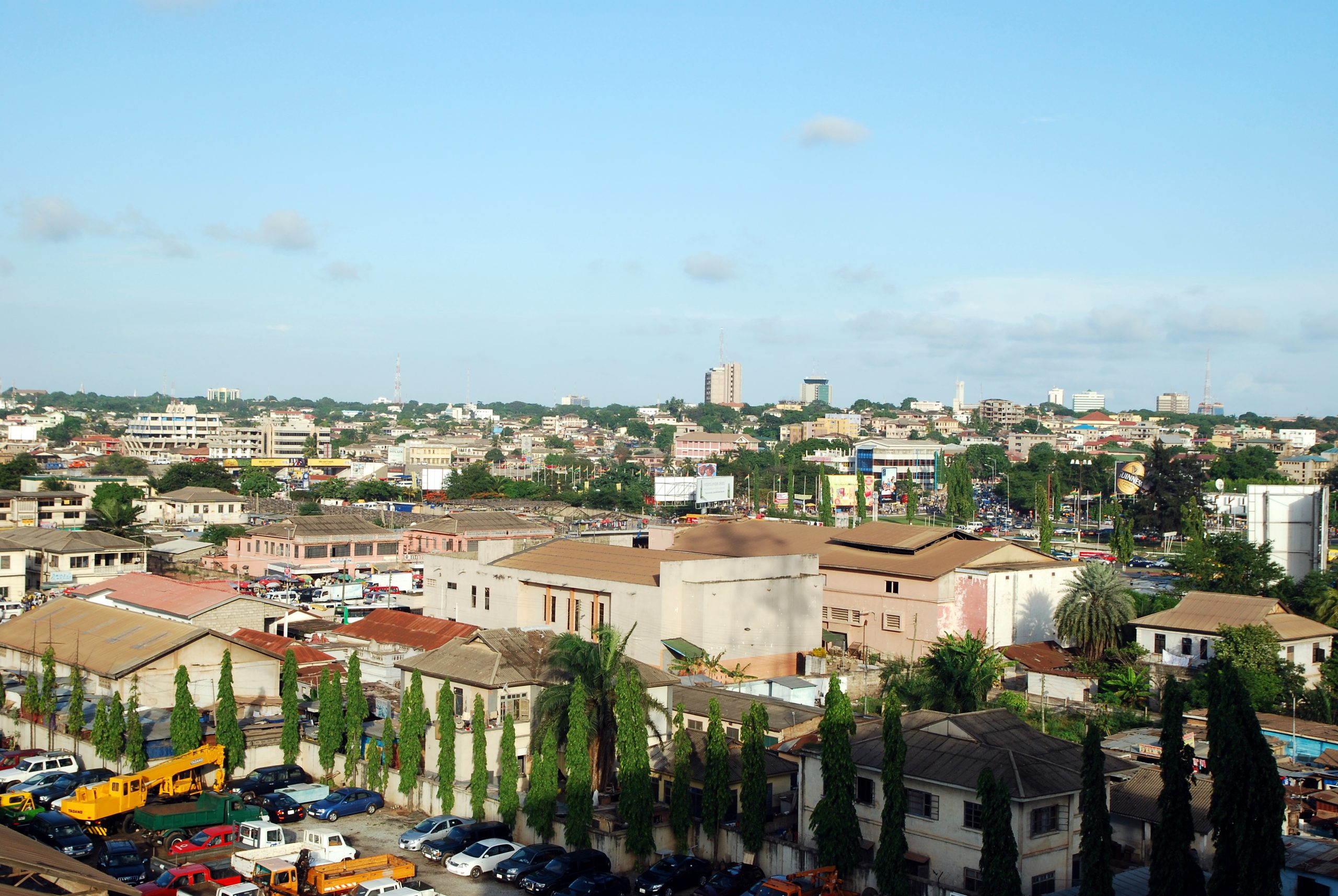ACCRA, GHANA
Accra is the largest city, the capital of Ghana, the national economic centre, and the country’s main connection with the global economy. The city is located in southern Ghana, emerging from the booming historical trade with colonial forces and the iconic establishment of forts and castles along the coast. It stretches along the coast of the Gulf of Guinea with a rich diversity of ethnic groups and people from all over Ghana and beyond. Though more than 4 million people live in the Greater Accra region, the city has a population of over 2.7 million with a daily influx of 2.5 million business commuters in the Greater Accra Metropolitan Area due to its vibrant manufacturing, marketing, finance, transportation, and tourism activities. However, it faces socio-economic challenges, including urban poverty, congestion, informal settlements, and environmental challenges, such as seasonal floods due to the congestion.
Accra is also known for its prosperous fishing sector and urban agriculture. Supermarkets continue to increase and spread across the city. Local and informal food sources, particularly large-scale local markets, are also popular. The Accra metropolitan assembly and the government face the administrative challenge of addressing infrastructural capacity issues aimed at reducing food loss and food insecurity.

